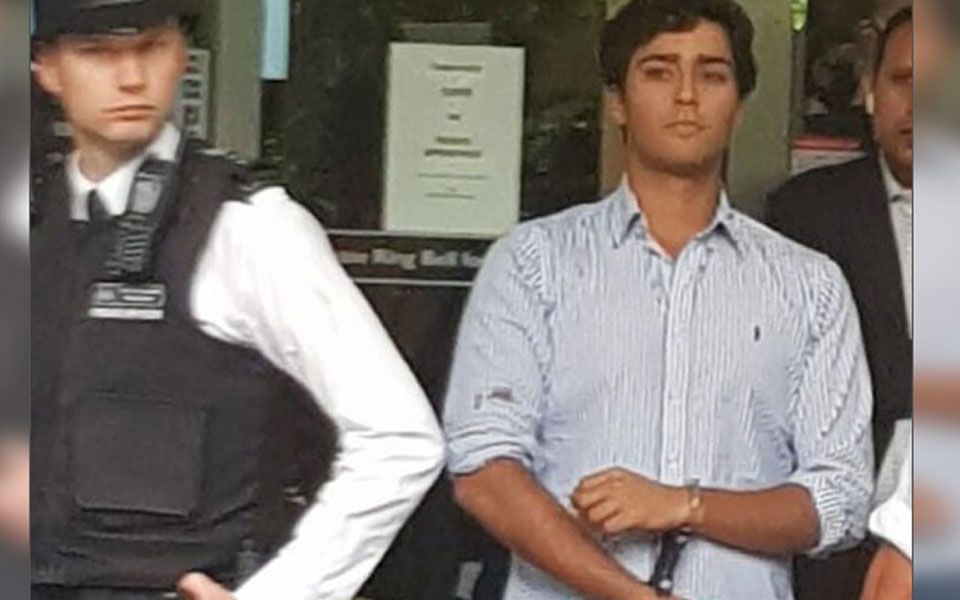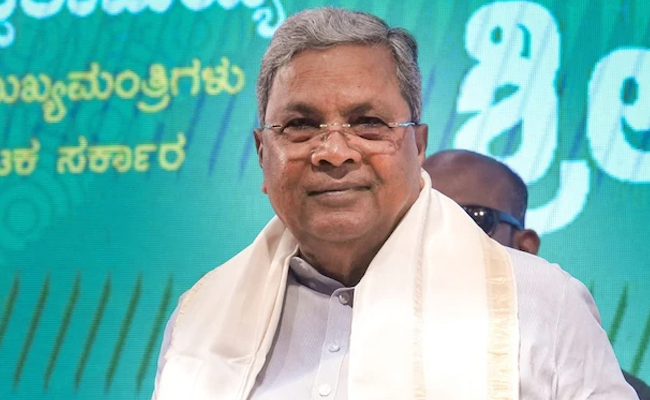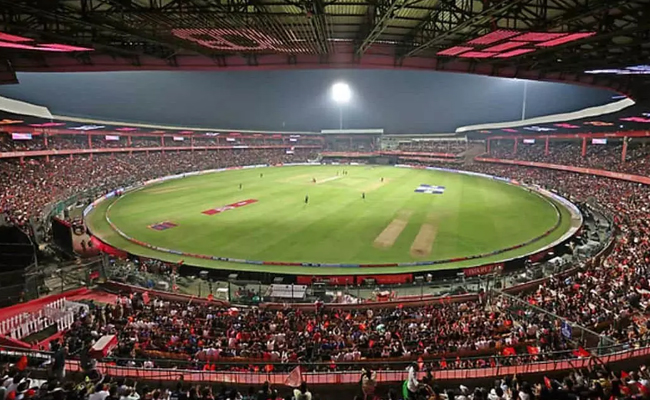London, July 13 : Former Pakistani Prime Minister Nawaz Sharif's grandsons have been arrested for allegedly punching a demonstrator during a scuffle outside their house here, the Metropolitan Police said.
According to Dawn online, initial reports said that the Pakistan Muslim League-Nawaz's (PML-N) opponents had gathered outside the Avenfield residence where a protester was believed to have hurled abuses at Sharif's grandsons Junaid Safdar and Zakaria Hussain, prompting them to lose their cool.
Maryam Nawaz's son Junaid Safdar claimed that the protesters who have been camping outside the Avenfield House, a luxury apartment scheme, since a few days had spit on and tried to attack him and threw an umbrella as well.
Later, in a tweet, Maryam Nawaz said the "Pakistan Tehreek-e-Insaf workers stationed outside London flat shouted (expletive) every time they saw Junaid".
"Anyone would have reacted," she said.
In a video obtained by Geo News, one protester can be seen trying to attack the two young Sharifs, with Junaid Safdar bowing out and saving himself in time. A verbal fight ensues again but, in the meantime, the British police arrive.
Authorities said they detained the junior Safdar for punching a young man (physical assault) and confirmed that Hussain Nawaz's son Zakariya had also been arrested. The injured man belonged to Pakistan, police said.
In an earlier incident, a trolley was also hurled at the door to the Sharifs' apartment.
Separately, Sharif and his daughter flew off to Pakistan, a week after an accountability court sentenced them to 10 and seven years in jail in the Avenfield properties corruption case.
Let the Truth be known. If you read VB and like VB, please be a VB Supporter and Help us deliver the Truth to one and all.
Bengaluru (PTI): Karnataka Chief Minister Siddaramaiah has written to his counterpart in Tamil Nadu, M K Stalin, expressing the state's strong support for a renewed national discourse on Centre–State relations.
Siddaramaiah said he will urge the union government to provide an institutional platform - such as a revitalised Inter-State Council - for all states to deliberate and restore balance in our federal structure.
Taking to social media platform 'X', the Karnataka CM said federalism is not a political demand - it is part of the basic structure of our Constitution.
"Over the years, increasing centralisation in fiscal and legislative matters has disturbed the delicate balance envisioned by our Constitution makers. States must have the authority and fiscal space to fulfil the responsibilities entrusted to them. India’s strength lies in cooperative federalism, constitutional trust, and respect for diversity," he said.
He assured that Karnataka stands ready to engage constructively in strengthening India’s democratic and federal framework.
Siddaramaiah has written to the TN CM in response to Stalin's letter dated February 20, 2026, forwarding Part 1 of the report of the high-level committee on Union-State relations.
In his letter dated March 2, Siddaramaiah acknowledged and appreciated the initiative taken by the Tamil Nadu government in initiating the report, which seeks "constitutional correction".
Noting that the questions raised in the report go to the heart of India's constitutional morality, the chief minister said federalism was not an act of administrative convenience but a structural guarantee against concentration of power.
"Over the decades, however, a phenomenon of incremental centralisation has altered the federal balance through expansive interpretations of the Concurrent List, conditional fiscal transfers, centrally designed schemes with diminishing State flexibility, and procedural bottlenecks in governor's assent," Siddaramaiah said in the letter.
He claimed that what was intended as cooperative federalism has increasingly resembled "coercive federalism".
In the letter, Siddaramaiah said Karnataka shares many of the concerns articulated in the committee's report.
"We have consistently emphasised that fiscal federalism must align authority with responsibility. Articles 268 to 281, read with the role of the Finance Commission under Article 280 and the GST framework under Article 279A, cannot operate in a manner that dilutes the fiscal sovereignty of States. The doctrine of subsidiarity, that governance should occur at the most immediate level consistent with efficiency, is not alien to our constitutional design; it is implicit within it," he added.
He stressed that Karnataka, like Tamil Nadu, has been vocal in asserting the legitimate constitutional space of states, whether in matters of language policy, education, public health, fiscal devolution, or legislative autonomy.
"These are not sectional claims; they are constitutional claims. They arise from a principled commitment to pluralism, diversity, and democratic accountability," the letter stated.
At this juncture, Siddaramaiah said it is imperative that all states, irrespective of political affiliations, join hands in constructive federal dialogue. Federal renewal cannot be a solitary endeavour of one or two States; it must emerge as a collective articulation.
"The objective, as your letter rightly emphasises, is not to weaken the union but to right-size it, to ensure that national energy is concentrated on genuinely national priorities, while states are trusted with spheres constitutionally entrusted to them," he added.
In this regard, he further stated that it would be both appropriate and necessary for the union government to provide an institutional platform for all states to deliberate upon these questions.
"Whether through a revitalised Inter-State Council under Article 263, a special conclave of Chief Ministers, or a structured constitutional review dialogue, the union must facilitate a forum where states can place their recommendations formally, transparently, and deliberatively. The absence of such structured engagement has contributed to the perception that cooperative federalism has receded from lived practice," he added.





